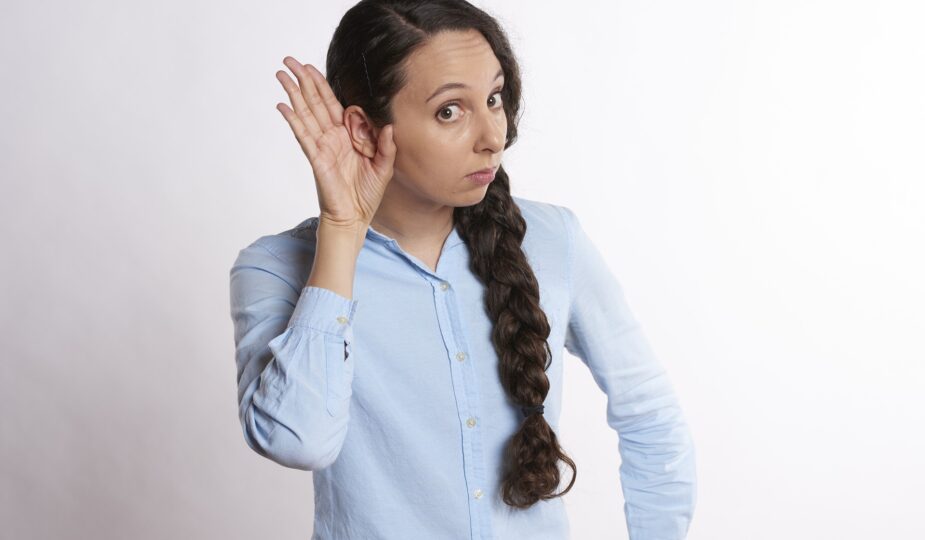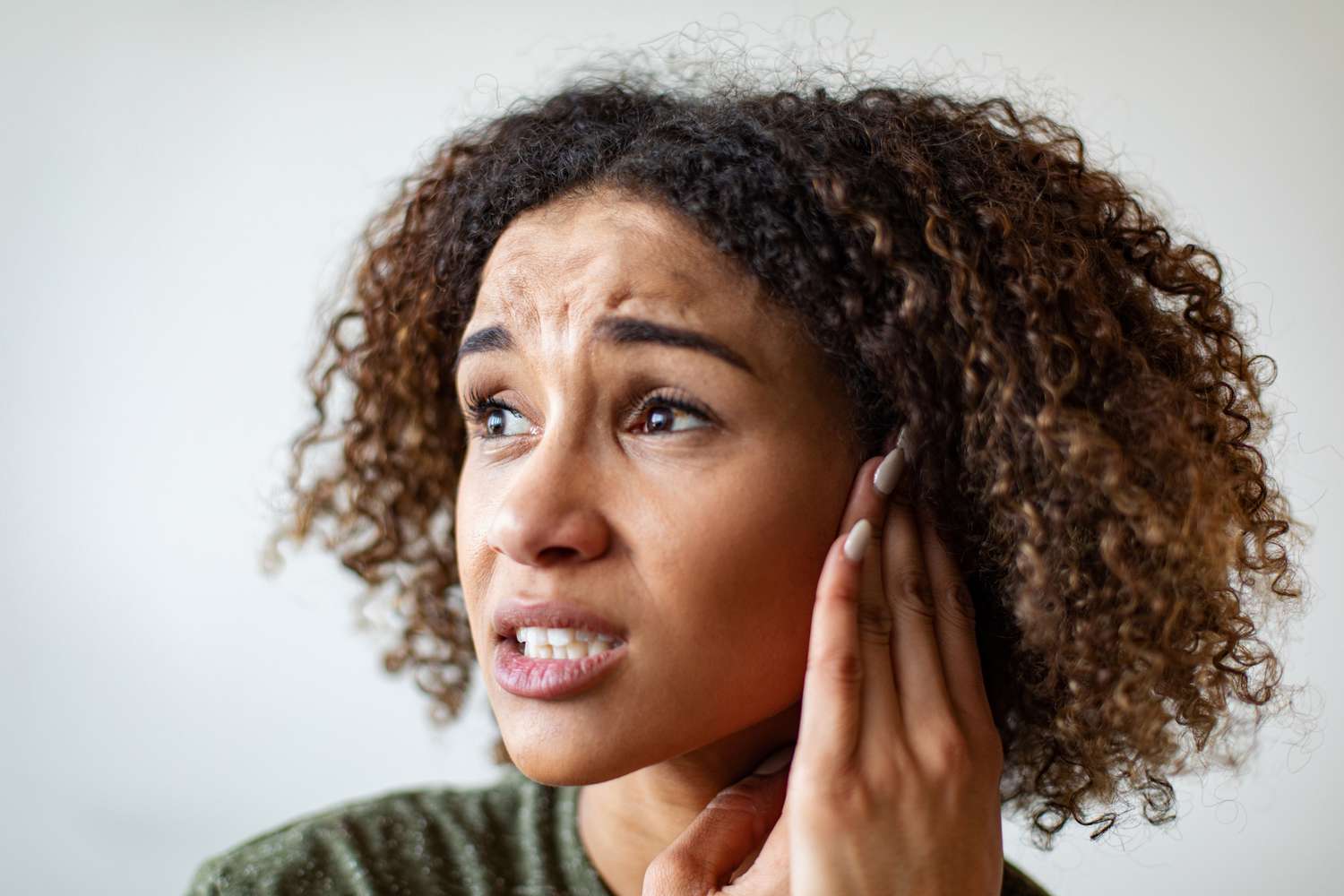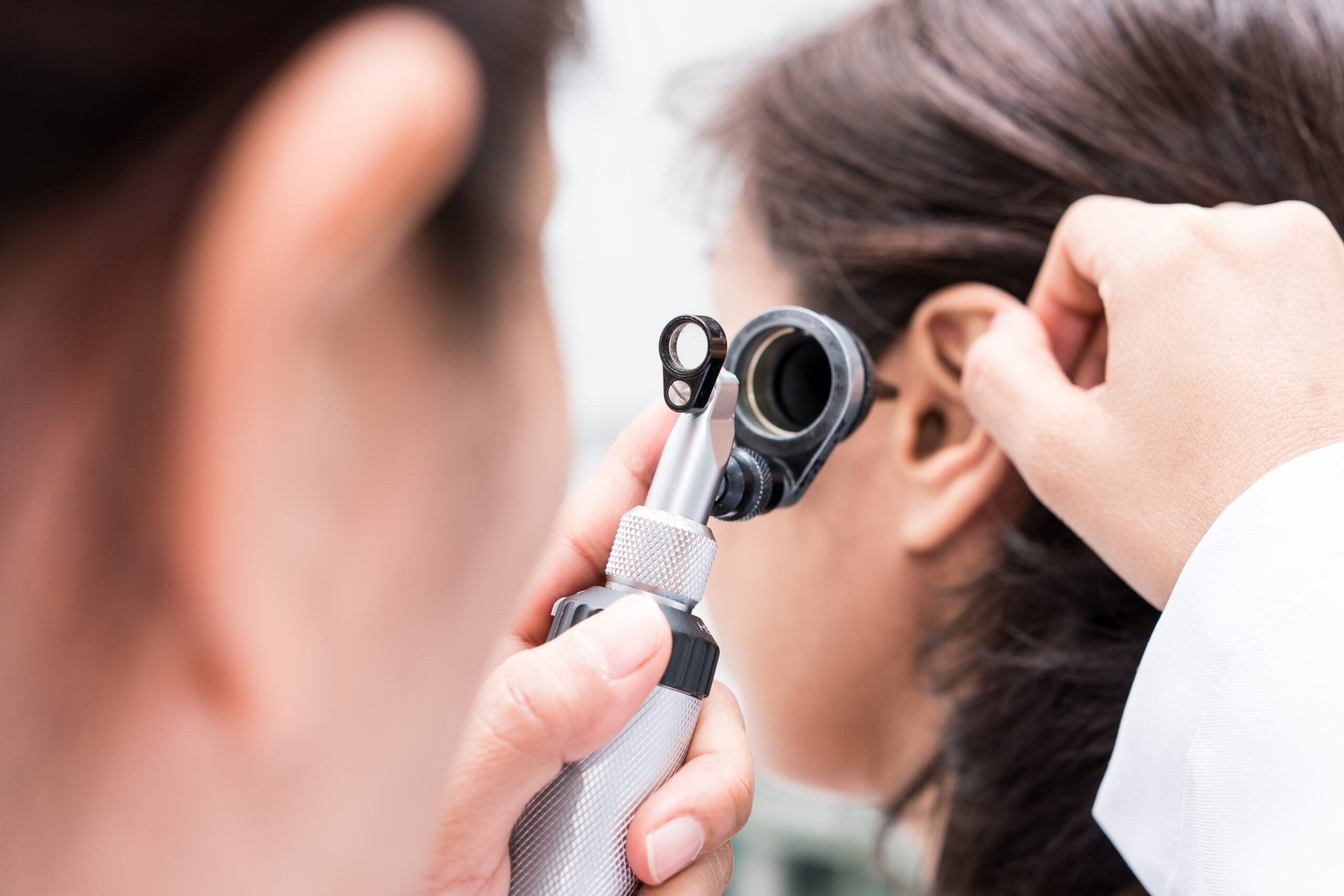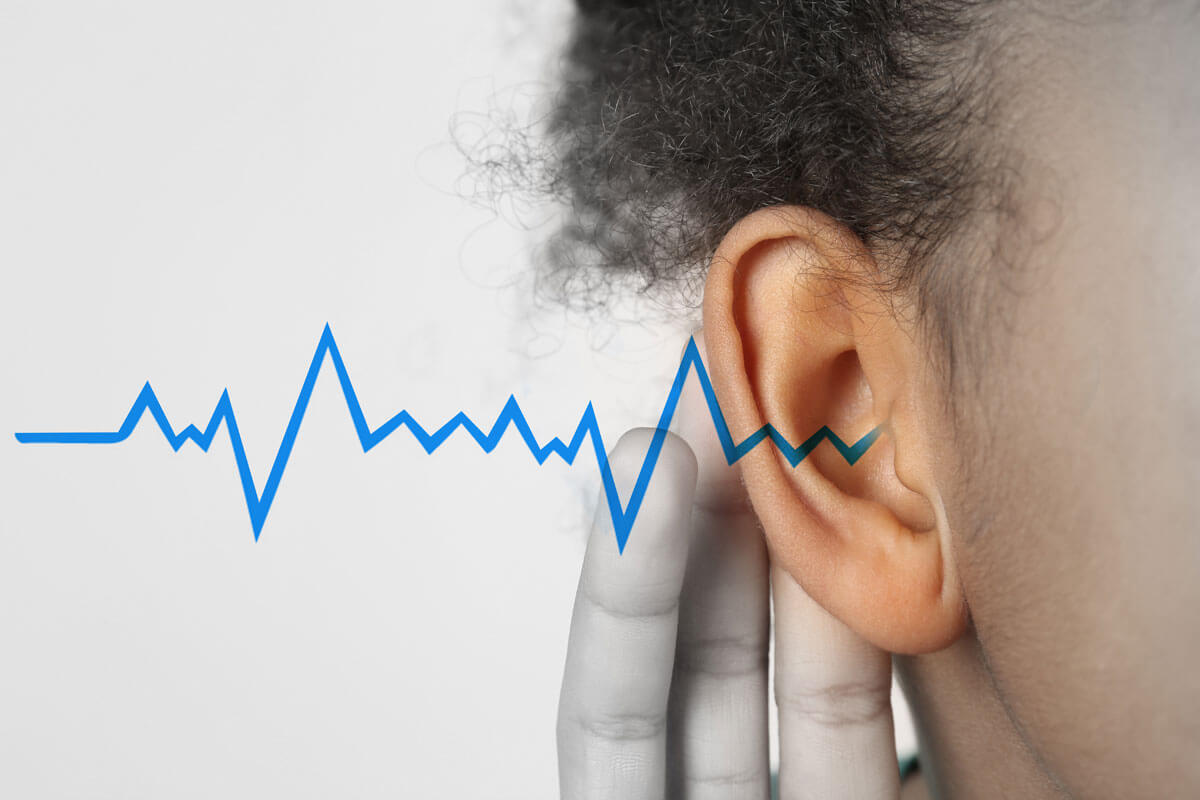
How to Protect Your Hearing and Ear Health
Ear care and hearing protection shouldn’t be an afterthought, as is with most people. When you neglect ear health, your hearing starts declining, impacting your quality of life. It results in social withdrawal, loneliness, irritability, reduced job performance, and depression. It also creates unsafe situations because of reduced alertness.
Protecting your hearing and ear health is essential mainly because it helps prevent hearing loss and promotes healthy hearing. You can communicate freely, socialize and interact, and become more alert with healthy hearing. It also gives you peace of mind. Good ear care practices can help ensure healthy hearing and sound ear health. Here’s how to protect your hearing and ear health.
Keep your ears dry

When water gets into your ears and remains there, it causes a swimmer’s ear (otitis externa), an infection in the ear canal. The infection can be fungal or bacterial. While there are several causes of a swimmer’s ear, the primary one is any activity that gets water trapped in the ear canal, including showering and swimming. Swimmer’s ear symptoms may be severe or mild based on the ear’s infection level, including ear pain, itchiness in the ear, blocked ear, drainage from the ear, slight fever, and reduced hearing or temporary hearing loss.
Loss of ear wax, ear injury, skin conditions like eczema, hearing aids or earbuds use, and chemicals in hair dye or hair spray may cause this condition. You may also experience muffled sounds, a plugged-up sensation, or ringing in the ear after shower or being in the water. While a swimmer’s ear can be treated, it’s best to prevent it. Wearing clean earplugs when swimming or in water, using a shower cap when showering, putting cotton balls in your ears when washing your hair, and drying your ears with a dry towel after swimming, bathing, or being in the water.
Understand the causes of hearing loss
Familiarizing yourself with the causes of hearing loss can help you protect your hearing and ear health better or from an informed position. The common causes of hearing loss include loud noises, congenital conditions, coronary artery disease, hypertension, strokes, diabetes, earwax buildup, ruptured eardrum, ear infections, chemical exposure, medications for heart disease, infections, and cancer treatment, tumors, trauma or damage from an injury or accident, age, and hearing loss family history. However, not all these hearing loss risk factors, including age and illnesses, can be avoided.
Get your ears professionally cleaned

Cleaning your ears at home can be risky. This is because you can’t see the inside of your ear, and you may not have the correct tools or skills, increasing the risk of damaging your ears. Getting your ears professionally cleaned can be quite rewarding. Hearing professionals use the right tools or equipment to clean your ears. Thanks to their training, skills, and experience, they can remove earwax without causing any damage, protecting your ears and ensuring proper cleaning.
During professional cleanings, the hearing care expert can diagnose specific health issues that could be the reason for earwax build. The issues may be directly associated with your hearing or symptoms of other health problems. This can alert you of potential health issues you missed when cleaning your ears at home. Your ear care provider can also give you advice and tips on how to clean your properly at home, protecting long-term ear health and hearing.
Wear hearing protectors
Loud noises may damage your inner ear’s sensitive structures leading to tinnitus and noise-induced hearing loss. While avoiding loud sound exposure, turning down loud volumes, and moving away from noise can help protect your hearing and ear health, these options may not always work. This necessitates using hearing protectors (wearable devices that reduce the intensity of the sound entering your ears).
If you expect to be in a loud environment or participate in noisy activities, including sporting events, auto races, concerts, firework displays, or snowmobile, dirt bike, or motorcycle riding, use protective earmuffs or earplugs to protect your hearing. You can also use hearing protectors in shooting sports and orchestra or band performances and rehearsals. Normalize carrying hearing protectors to protect your ears from unexpected or sudden loud noises.
Be careful when self-cleaning your ears
Most people use cotton swabs to clean the inside of their ears. However, doing so can be harmful because it may rupture the eardrum or cause irritation. It also amounts to misuse of the cotton swabs. Cotton swabs are meant to clean the ear’s external structure, not the canal. Putting cotton swabs in your ears pushes earwax back inside, causing more buildup, possibly leading to more issues.
While earwax is a self-cleaning agent, its buildup may cause impaction, leading to symptoms like ringing or fullness, aching, impaired hearing, odor from the affected ear, a cough, and dizziness. The best way to clean your ears is by using a damp cloth to wipe them or over-the-counter ear drops containing baby oil, mineral oil, peroxide, glycerin, saline, or hydrogen peroxide to soften the wax.
Schedule regular hearing screenings

Hearing loss usually starts slowly and develops over time, making it difficult to feel or experience any gradual or slight changes or differences in your hearing. Regular hearing tests enable the audiologist to keep track of your hearing, spot elements that may contribute to hearing loss and offer suitable treatments and recommendations. Routine hearing checkups are essential because they help catch early hearing loss signs. It also helps diagnose specific medical ear issues that may cause tinnitus or hearing loss later.
Routine hearing screening helps spot developing hearing issues before significantly impacting your hearing ability or becoming harder to treat. This ensures a better response to treatment. Since hearing loss is associated with other health issues like heart disease, cognitive decline and dementia, diabetes, depression, and chronic kidney disease, regular hearing check ups can show their warning signs to help you seek care sooner.
Protect against head injuries
Head injuries involving temporal bone trauma may lead to hearing loss. Wearing a helmet when engaging in contact sports or cycling, avoiding falls, and wearing your seat belt when driving or traveling in a vehicle can help prevent injury-related hearing loss.
Endnote
Neglecting your hearing and ear care may cause hearing loss. However, implementing these tips can help you protect your hearing and ear health.









